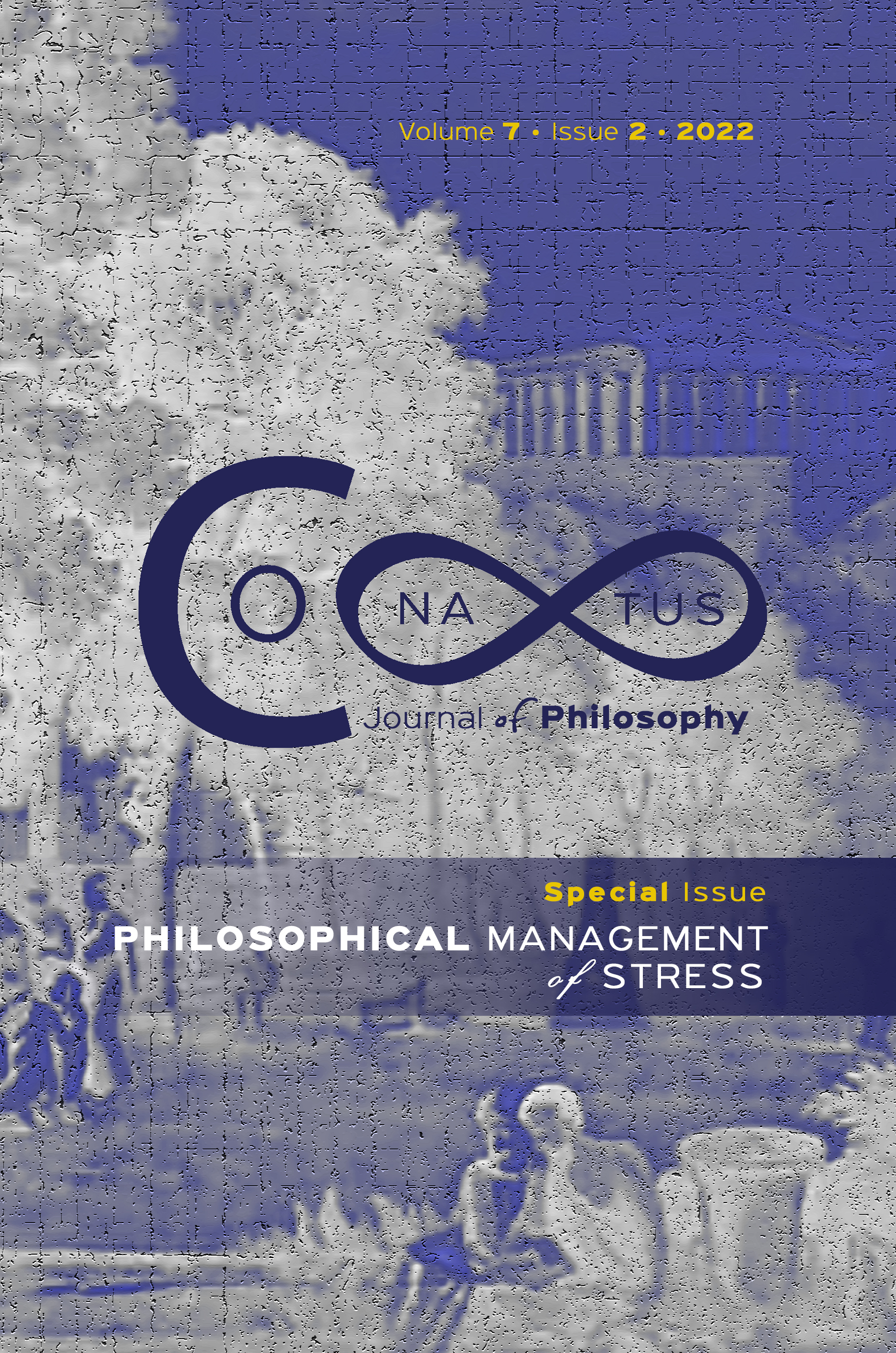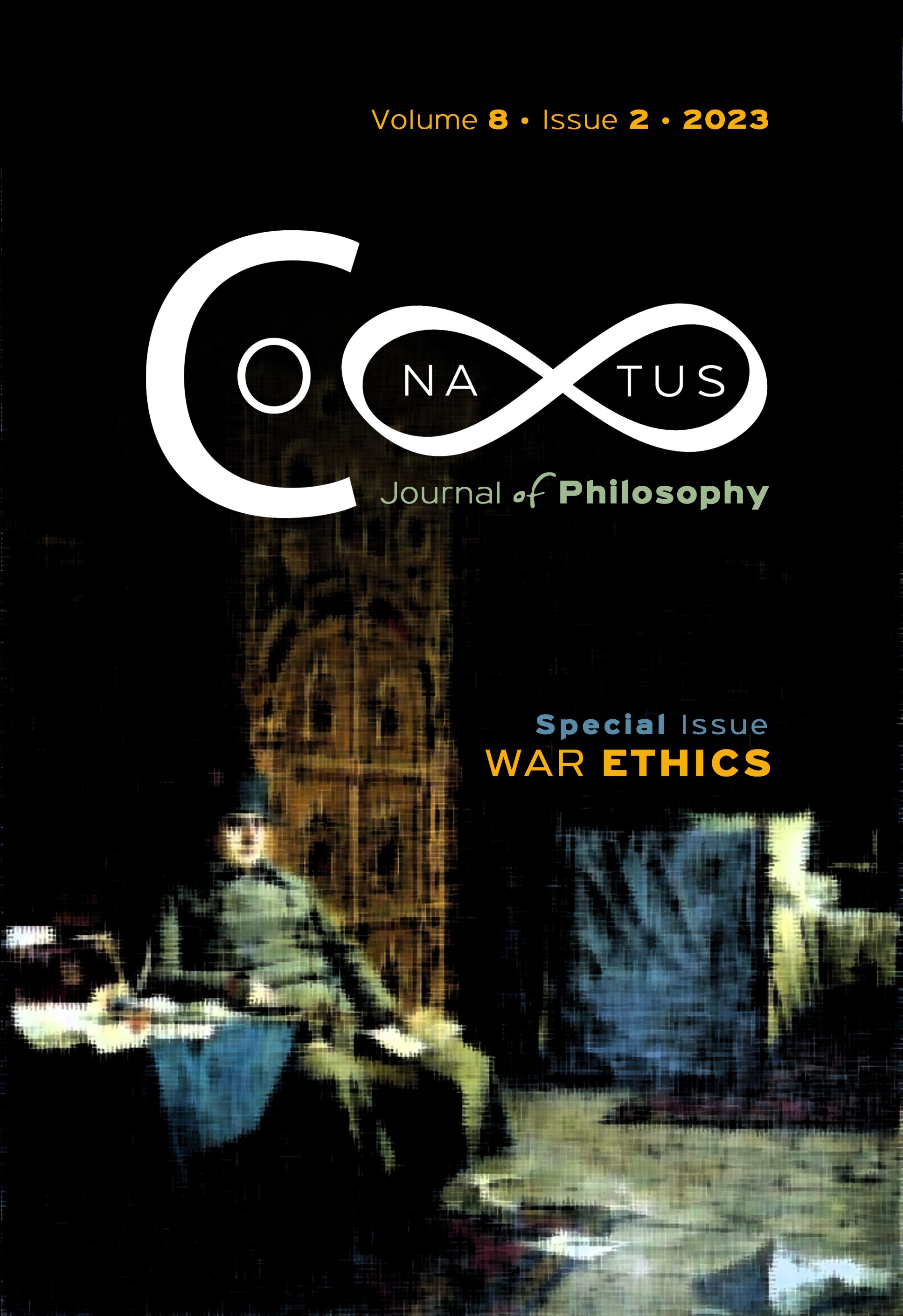Care and Empathy as a Crucial Quality for Social Change

Abstract
Suppose the contemporary man of the 21st century puts under control one of the most significant issues of humankind, like the shortage of food or hunger, epidemics of contagious diseases, and wars. Then remains the question which man first encountered at the dawn of the third millennium; it is a question of what to do with yourself. This question becomes extremely important if we consider biotechnology and information technology’s immense growing power. What to do with so much power? Nevertheless, the most obvious question is whether a man has become better and more moral, empathetic and caring than he was. What seems to concern contemporary man includes happiness, divinity, and ultimately his improvement as a moral agent and his immortality. We will try to answer these and many other questions through the paradigm of ethics of care, closely related to the question of empathy. The paper will discuss and highlight empathy and care as crucial means for social change. Therefore, the main aim of such ethics is to alleviate human suffering and anxiety and promote human well-being and happiness. Can care, compassion, and empathy ethics provide us with some answers and become a path to a more moral world?
Article Details
- How to Cite
-
Rupčić Kelam, D., & Kelam, I. (2022). Care and Empathy as a Crucial Quality for Social Change. Conatus - Journal of Philosophy, 7(2), 157–172. https://doi.org/10.12681/cjp.29127
- Section
- Articles

This work is licensed under a Creative Commons Attribution-NonCommercial 4.0 International License.
Authors who publish with this journal agree to the following terms:
Authors retain copyright and grant the journal right of first publication with the work simultaneously licensed under a Creative Commons Attribution Non-Commercial International License (CC BY-NC 4.0) that allows others to share the work with an acknowledgement of the work's authorship and initial publication in this journal.
Authors are able to enter into separate, additional contractual arrangements for the non-exclusive distribution of the journal's published version of the work (e.g. post it to an institutional repository or publish it in a book), with an acknowledgement of its initial publication in this journal.
Authors are permitted and encouraged to post their work online (preferably in institutional repositories or on their website) prior to and during the submission process, as it can lead to productive exchanges, as well as earlier and greater citation of published work.






